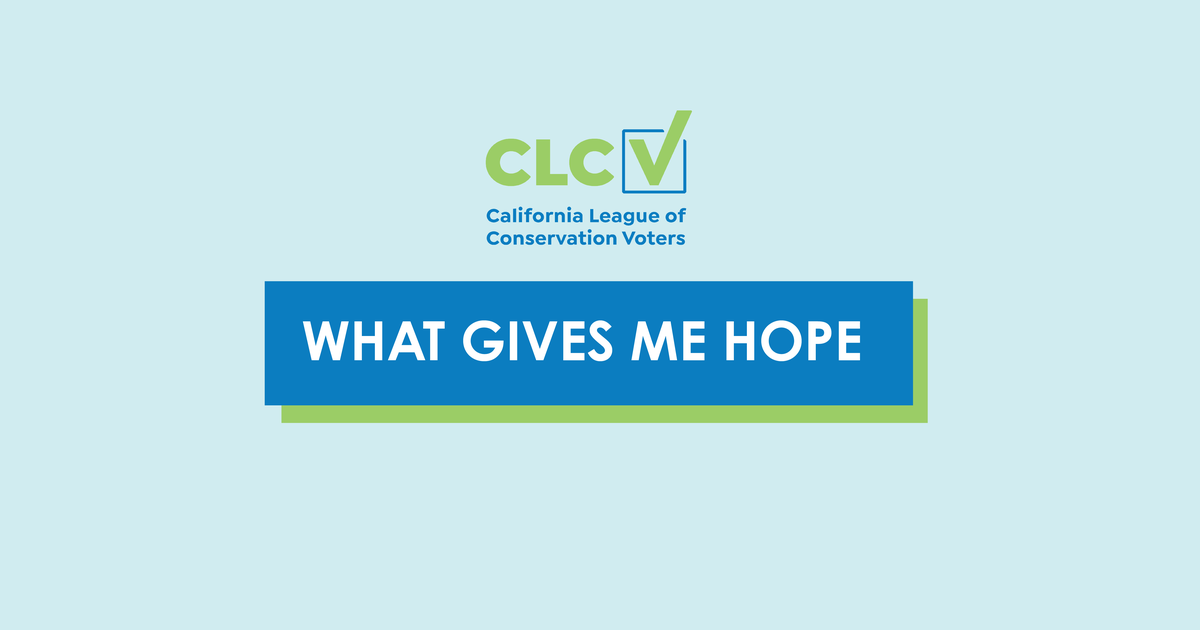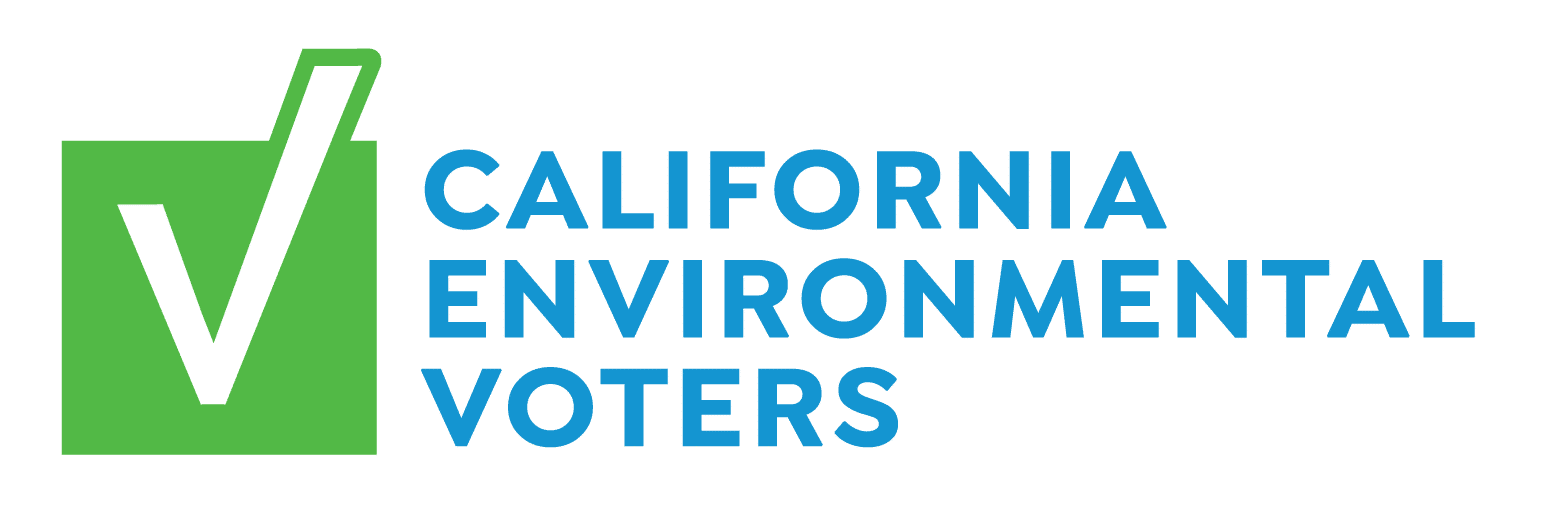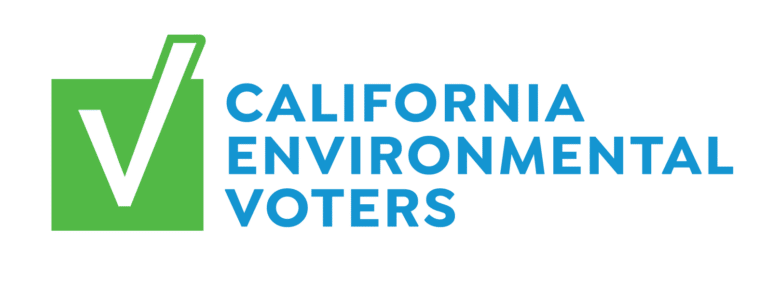
You can learn a lot about a person based on how they act in a crisis, and the same can be said about organizations. The coronavirus pandemic has been quite a crisis that we’re all facing on a global level. The response to this crisis is revealing in terms of what leaders and organizations are prioritizing. Although this may sound too soon, I see positive opportunities in the middle of all this chaos.
Science is at the root of our work, and when scientists told us to social distance, we did just that. In a span of a few weeks, we’ve completely transitioned from in-person work to completely working remotely. During one of our first Zoom sessions, we were asked to reflect and share what gives us hope. Since that meeting, I’ve been pondering about what that means for me.
In addition to being CLCV’s communications fellow, I am an undergraduate senior in college. Most colleges transitioned to online classes for the rest of school year to slow the spread of coronavirus, but as someone who plans to graduate in a few months, there have been a lot of changes to accept. While the circumstances are disappointing, it actually gives me hope for the future. At the end of the day, all of these changes occurred because of one common reason: major players in our society are listening to experts.
Getting people to believe in science and have the political will to act on climate has proven to be very difficult. Yet, in just three short weeks, our everyday lives have been flipped upside down because most major companies, organizations and institutions listened to scientists and experts’ recommendations and moved online. This shows that we’re capable of making groundbreaking changes to our society.
While stay-at-home orders are temporary, these new ways of life may not be. We’ve all had to pivot and adapt to this crisis. In the process, we’re all learning the basics of working remotely, which allows us to cut down on our carbon footprint by eliminating the need to go to work. The coronavirus has pushed states to find ways to make voting more accessible, which is good overall for the democratic process. Most of all, local and state leaders have stepped up to the plate and used science to guide their decisions when it comes to public health.
The coronavirus response has primarily been reactive. We’re facing the consequences of what happens when our elected officials don’t take scientists’ warnings seriously. This doesn’t have to be the case with the climate crisis.
Like the coronavirus, scientists have been warning us all about the impending climate crisis. We have 10 years to take preventative actions to lessen its impact. This is our chance to see which political figures have taken this situation seriously and advocated the most for their constituents and their health. This is our opportunity to elect people who actually believe in science and view the climate crisis as an urgent problem. This is the time for all of us to re-evaluate our economy and shift towards a greener future.
Our lives are completely different from how they were a month ago, yet that’s why I have hope. Things could be completely different a month from now. This crisis is temporary, but let’s make sure the things we’ve learned are permanent.
Stefanie Lao is a communications fellow at the California League of Conservation Voters.


